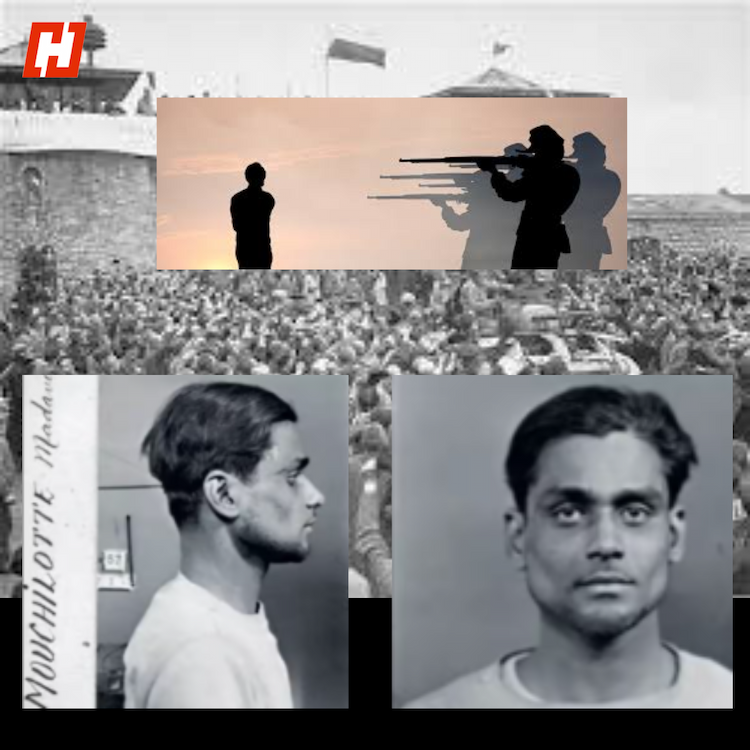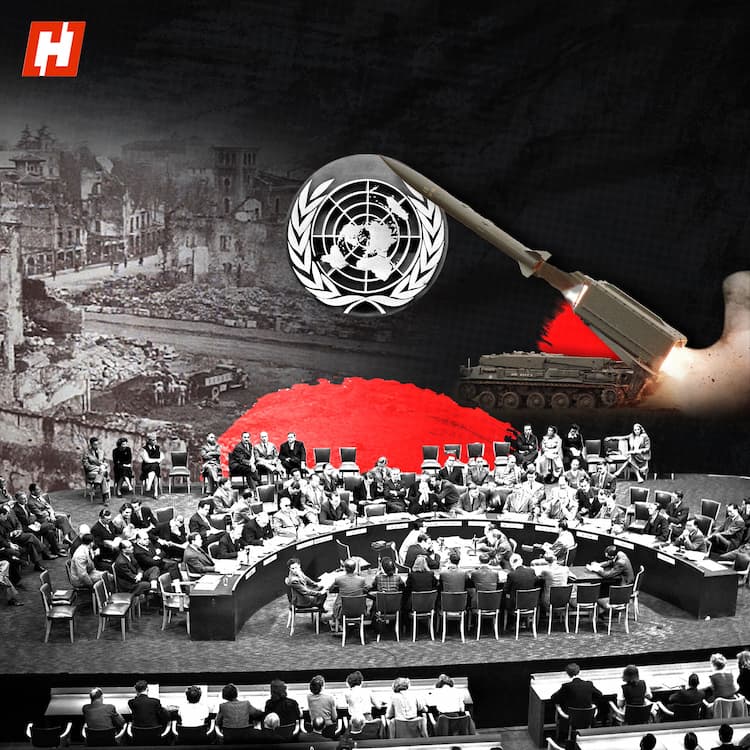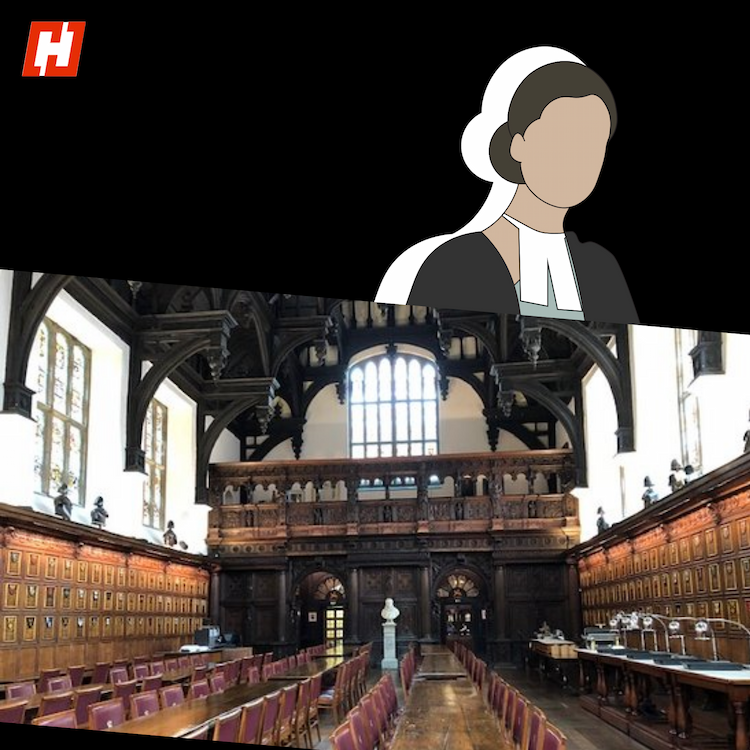South African President Cyril Ramaphosa on April 30th, announced a judicial inquiry to look into allegations of political interference by previous ANC governments in the investigation and prosecution of apartheid-era crimes such as torture, murder and more.
The big question - why now?
Long and bloody - that’s how South Africa’s road to freedom was. Built on the backs of thousands of Black activists and students who dared to protest, both loudly and quietly.
President Ramaphosa’s government is being sued by a group of 25 relatives and survivors of apartheid-era violence, with the backing of the Foundation for Human Rights.
The applicants are seeking “constitutional damages” to the tune of 167 million rand, or about $9 million, for the “egregious violations” of their rights, and non-prosecution of those investigated, amongst other demands.
Announcing the inquiry, a statement from President Ramaphosa said that he “appreciates the anguish and frustration of the families of victims” and that he was “determined the true facts be established and the matter brought to finality”.
One of the key applicants is Lukhanyo Calata - son of Fort Calata, one of the black anti-apartheid activists of the group known as the Cradock Four - who were tortured, burnt and killed by security forces in 1985.
During the course of the TRC investigations, six former police officers eventually confessed to their involvement, in the hopes of receiving amnesty.
For context, the now defunct TRC required accused perpetrators to fully disclose events they were involved in to be considered for a pardon.
Officials in the Cradock Four case said the men failed to do so when asked about the circumstances of the killings and thus were denied amnesty. They were never prosecuted for those killings, and have since died.
This case is among the thousands of crimes during apartheid for which victims and families still haven’t seen justice.
“Most unequal country in the world”
Furthermore, despite the gains since 1994, South Africa's Black population continues to face significant socio-economic challenges. These include high unemployment, persistent poverty, and widening inequality - issues apparently exacerbated by weak governance.
A 2022 World Bank report classified South Africa as the most unequal country in the world - as 10% of the population, mostly whites, controls 80% of the wealth.
So President Ramaphosa’s inquiry is a step in the right direction, though no timeframe has been announced.
Hope is round the corner, maybe.





